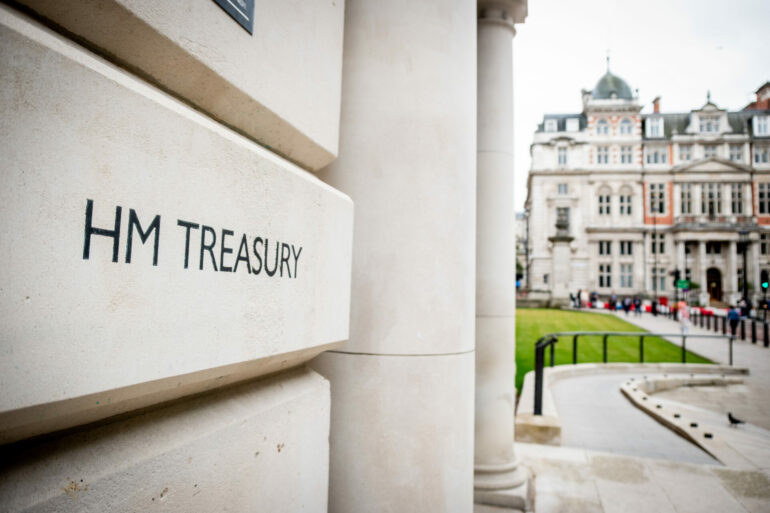Along with Stamp Duty cuts, the Treasury is considering IHT cuts in the Autumn Statement. Much like the SDLT cuts or another stamp duty holiday, experts said it was a cynical move by the Government to win votes.
According to Michelle Boakes, chartered financial adviser at Verve Financial: “Any inheritance tax cuts in the upcoming Autumn Statement should be seen for what they are, namely an attempt by the Conservative party to sway voters.
“Whilst I agree that the burden of inheritance tax on grieving families is unfair, a piecemeal tax cut may just create more loopholes for the ultra-wealthy. What we need is a thoughtful review and overhaul to simplify inheritance tax rules, not politically opportunistic tinkering.
“Moreover, with the Government freezing income tax thresholds that will potentially drag more pensioners into paying basic rate tax, and middle-income families struggling through this economic climate, how will they justify the inheritance tax cut? If inheritance tax burdens are to be reduced, it should be through considered structural changes, not vote-grabbing gimmicks that fail to help the average family.”
Luke Thompson, director at PAB Wealth Management, shared much the same view: “I am definitely of the opinion that this is a Tory move to grab more votes before the election. However, the current situation with regards to IHT has needed looking at for a long time.
“IHT has been frozen since 2009 and this means that a great deal of estates that previously wouldn’t have been caught by this tax have been caught in the past 14 years. In addition to this, IHT doesn’t generally catch the wealthy as they already have their estate planning in place.
“This is a tax that tends to catch the middle classes or those working-class people who purchased their house many years ago and then get clobbered because they haven’t ever realised they have an IHT liability. Making this tax fairer even by increasing the threshold in line with inflation would be a good starting point.”
Daniel Wiltshire, an actuary at Wiltshire Wealth, said IHT reform in the current economic climate would be “tin-eared”: “IHT reform would be tin-eared at a time when many families are struggling to afford the weekly food shop. There’s certainly a debate to be had about the fairness of IHT and other taxes but now is not the time.”
David Nicklin, head of Finanze Legacy, at Finanze, added: “IHT is long overdue a rethink. The threshold is too low and is placing a big burden on average families who are often ill-informed and unprepared following the death of a loved one. IHT has effectively become a stealth tax rather than wealth tax. Reform is needed regardless of whether or not this is a cynical vote-winner.”
Bob Singh, founder at Uxbridge-based Chess Mortgages, agreed: “The limit of £325,000 per person plus £125,000 has been frozen for a long time and now seems low relative to the house price movements we’ve seen over the last few years. I cannot see its blanket removal but there is a strong possibility of the IHT-free limits being significantly increased. A blanket removal would see the demise of the IHT planning industry. IHT is an unfair tax and should be consigned to history. It’s a tax on success.”
Certified Money Coach Fanny Snaith, concluded: “IHT is predicted to raise £7.2bn in the coming year. “Death Tax” has its place in my opinion as it is an easy way for the Government to raise cash and aid wealth distribution. However, the current thresholds have not kept up with property price increases. My vote is to keep it but raise the threshold to a million, partner or no partner.”




